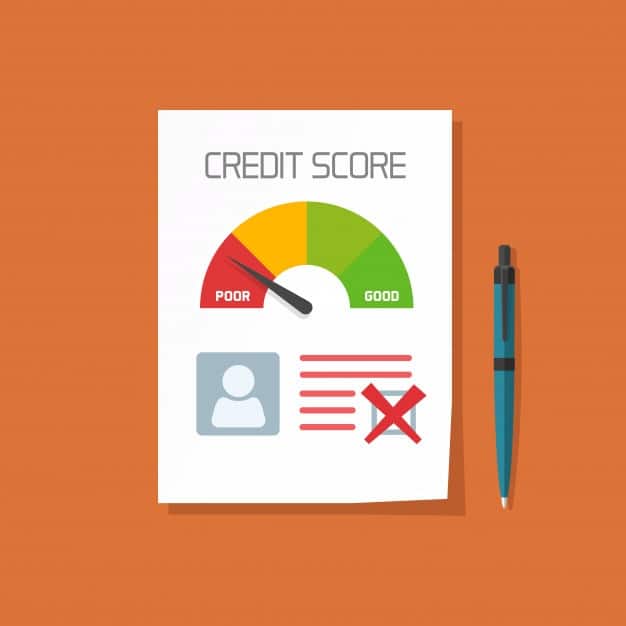
What are the things that affect your credit score?
The credit score is the first factor that a potential lender looks for when deciding your credit eligibility. It is a three-digit number that gives a summary of your entire financial activities. This number is awarded by CIBIL (Credit Information Bureau, India Limited), and it ranges from 300-900.
The information for this score comes from the data offered by the banks and financial institutions to CIBIL. When you seek a loan, credit card, or any other form of credit from a bank or an NBFC, then the first factor your bank will look at it is the credit score and credit history.
If the score is above 750 or even 700, your application will be immediately passed for approval. In case of a low rating, your application might get rejected, or you might end up paying higher interest rates. As your CIBIL score is the primary deciding factor for your financial identity, it is prudent to know about the factors that can cause lower your CIBIL.

#1 Not making repayments on time:
Your repayment history almost constitutes 35% of your credit rating. Moreover, payments of your bills are the primary reason that causes a drop or hike in the credit score. If you have severe penalties like late fees, penalties, and so on, then your CIBIL score will go down.
Make sure that you pay all your credit card bills or loan EMI’s on time without missing a single payment. If you have multiple accounts, monitor them carefully so that you don’t miss a single payment.
#2 Too much of debt:
Having various secured and unsecured loans, along with credit cards, may impact your credit rating. It is a standard protocol for banks to consider you Debt to Income Ratio (DTI). If that number is on the higher side, then the banks will reject your loan on the rationale that you won’t be able to repay the loan.
At the same time, if you close your old credit card accounts in your credit report, you would still end up losing points as you are wiping out a significant chunk of your credit history. You also need to maintain a low credit utilization ratio (how much do you spend on your credit card).
#3 No loans or No Credit card:
While too much debt is a problem for your credit score, so is having no loans as well. If you have zero loans, but too many credit cards, then your credit score is affected. In the same manner, having loans and no credit cards will show the absence of credit activity in your file. It is better to have a balanced portfolio of revolving (credit card) and non-revolving (loan) credit, and it will aid in improving your credit score. It will show the potential lender that you are capable of handling different credits.
#4 Increased credit limit:
Frequent requests to your lender to increase your credit card limit will reflect poorly on your credit score. It means that you totally rely on credit cards and are overrun by its repayments. Try avoiding high limit credit cards, unless you absolutely need one. Keep track of your credit card usage and keep your balances low. Don’t opt for more credit cards unless required.
#5 Acting as a guarantor:
Acting as a guarantor will not affect your score, but if the person for whom stood guarantee does not make the payment or delays it, then your credit score will get impacted.
#6 Not paying enough attention to your credit report:
Failing to track your credit report will also have recompressions on your rating. Sometimes, your credit report may contain erroneous information due to wrong or delayed reporting, that may bring down your credit report. So, it is always prudent to check for errors at least every six months. Many platforms let you know your score for free.
Maintaining an optimal credit score is vital for getting approved by banks and other financial institutions. By monitoring your credit report at intervals, timely payment of bills, having the right balance of credit card and loans, and so on are the points that would aid in retaining a good credit score.
However, these things take time in getting your score back up, and if you have an urgent interim financial requirement, you can approach NBFCs like Shriram city union finance. They offer loans to individuals who have a low credit score or do not have access to conventional lenders.




